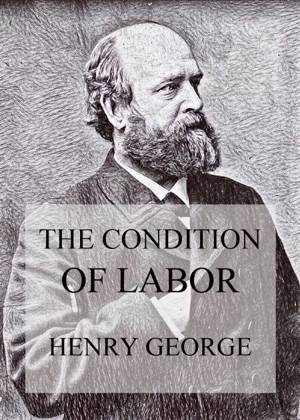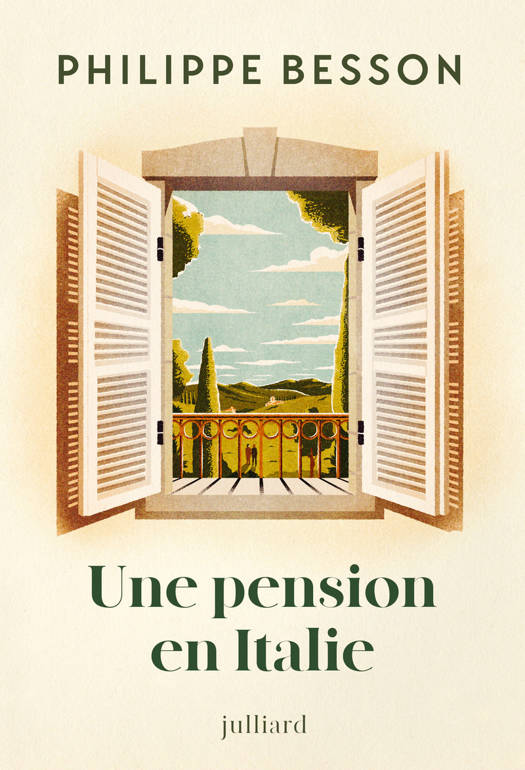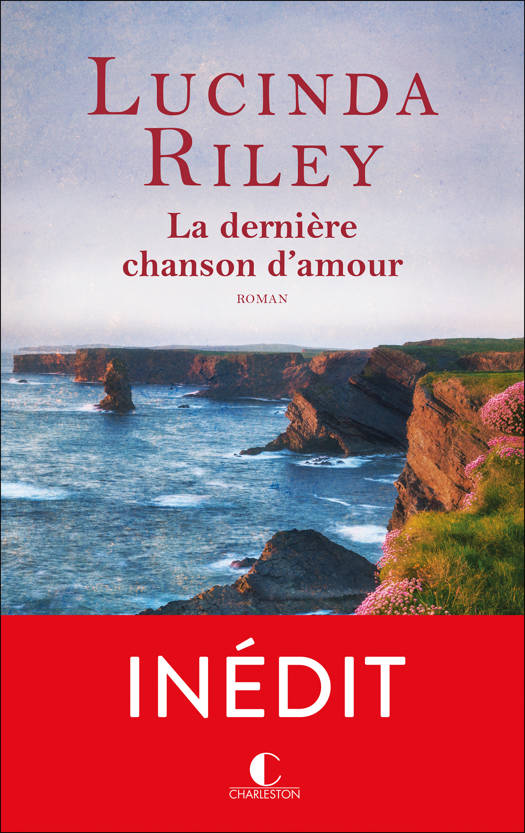
- Retrait en 2 heures
- Assortiment impressionnant
- Paiement sécurisé
- Toujours un magasin près de chez vous
- Retrait gratuit dans votre magasin Club
- 7.000.0000 titres dans notre catalogue
- Payer en toute sécurité
- Toujours un magasin près de chez vous
Description
This earnest and eloquent Letter to the Pope is by far the most remarkable utterance which the Encyclical of 1890 has evoked. The Pope could not have found a fitter controversialist to oppose him, for Mr. George meets him on the same basis of metaphysical theology, and appeals to the same authority of Scripture and St. Thomas of Aquino. And the whole letter seems, in its manner, curiously to echo the Pope ' s own dignified ecclesiastical - Latin style. Mr. George feels that the Encyclical is directed more strongly against his own "single tax" panacea than against what is vaguely called Socialism, which in a moderate form it favors. The Pope expressly puts property in land on the same level with property of any other kind, and expressly maintains that private property in this wide sense is a "natural right" of man, prior to the formation of any State. Mr. George, like the Pope, believes in " natural rights; "but he works out this vague and treacherous conception in his own way. "The right of property," he says, "attaches to things produced by labor, but cannot attach to things created by God. Thus, if a man take a fish from the ocean he acquires a right of property in that fish, which exclusive right he may transfer by sale or gift. But he cannot obtain a similar right of property in the ocean, so that he may sell it, or give it, or forbid others to use it." Does Mr. George mean that the fish was not created by God ? He can hardly expect his Holiness to believe that; nor are any of us likely to believe that it was " produced " by the fisherman in any sense in which a great deal of land has not been produced " by human labor. The antithesis of God or " Nature " to everything that is done by human effort runs through all Mr. George ' s arguments. " Socialism in all its phases, " he says, " looks on the evils of our civilization as springing from the inadequacy or inharmony of natural relations, which must be artificially organized or improved. In its idea there devolves on the State the necessity of intelligently organizing the industrial relations of men, the construction, as it were, of a great machine, whose complicated parts shall properly work together under the direction of human intelligence. This is the reason why socialism tends towards atheism. Failing to see the order and symmetry of natural law, it fails to recognize God." Mr. George seems to think that the work of human intelligence goes on in spite of God, and is somehow outside "Nature." This, though a very common way of thinking, is very questionable philosophy, and the Pope would hardly approve of it as theology. Mr. George undertakes a hard task when he tries to persuade the head of the Catholic Church that " interest is natural and just, " while land - owning is wrong. But he makes a very strong point when he shows that the Pope ' s argument, " that what is bought with rightful property is rightful property, " could be used to justify slave - owning as easily as to justify property in land.
Spécifications
Parties prenantes
- Auteur(s) :
- Editeur:
Contenu
- Nombre de pages :
- 208
- Langue:
- Anglais
Caractéristiques
- EAN:
- 9783849658045
- Date de parution :
- 09-06-20
- Format:
- Ebook
- Protection digitale:
- Digital watermarking
- Format numérique:
- ePub

Seulement chez Librairie Club
+ 1 points sur votre carte client de Librairie Club
Les avis
Nous publions uniquement les avis qui respectent les conditions requises. Consultez nos conditions pour les avis.







